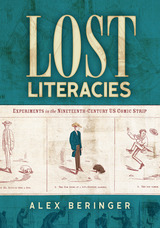5 start with I start with I

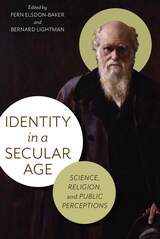
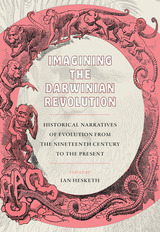
This volume considers the relationship between the development of evolution and its historical representations by focusing on the so-called Darwinian Revolution. The very idea of the Darwinian Revolution is a historical construct devised to help explain the changing scientific and cultural landscape that was ushered in by Charles Darwin’s singular contribution to natural science. And yet, since at least the 1980s, science historians have moved away from traditional “great man” narratives to focus on the collective role that previously neglected figures have played in formative debates of evolutionary theory. Darwin, they argue, was not the driving force behind the popularization of evolution in the nineteenth century. This volume moves the conversation forward by bringing Darwin back into the frame, recognizing that while he was not the only important evolutionist, his name and image came to signify evolution itself, both in the popular imagination as well as in the work and writings of other evolutionists. Together, contributors explore how the history of evolution has been interpreted, deployed, and exploited to fashion the science behind our changing understandings of evolution from the nineteenth century to the present.
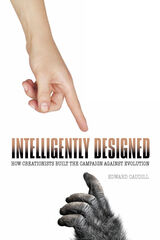
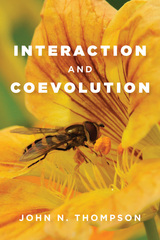
READERS
Browse our collection.
PUBLISHERS
See BiblioVault's publisher services.
STUDENT SERVICES
Files for college accessibility offices.
UChicago Accessibility Resources
home | accessibility | search | about | contact us
BiblioVault ® 2001 - 2024
The University of Chicago Press




